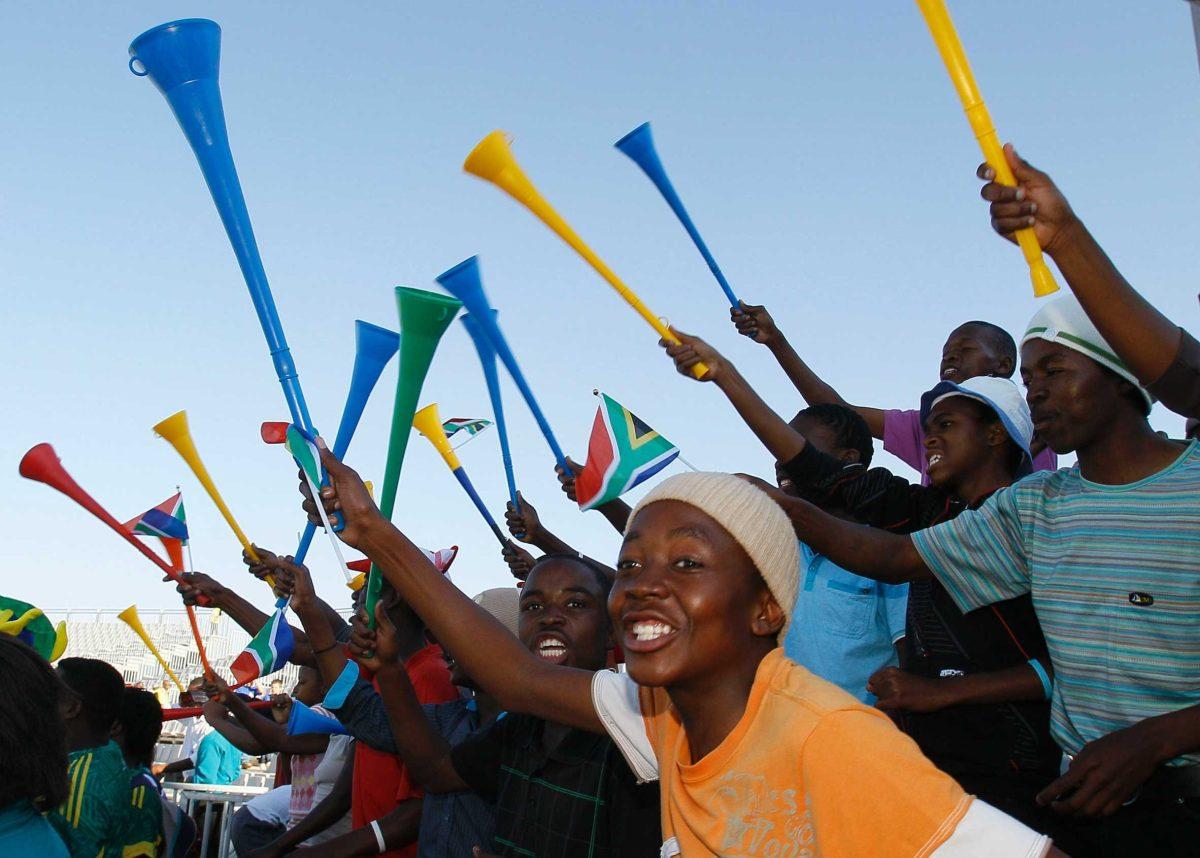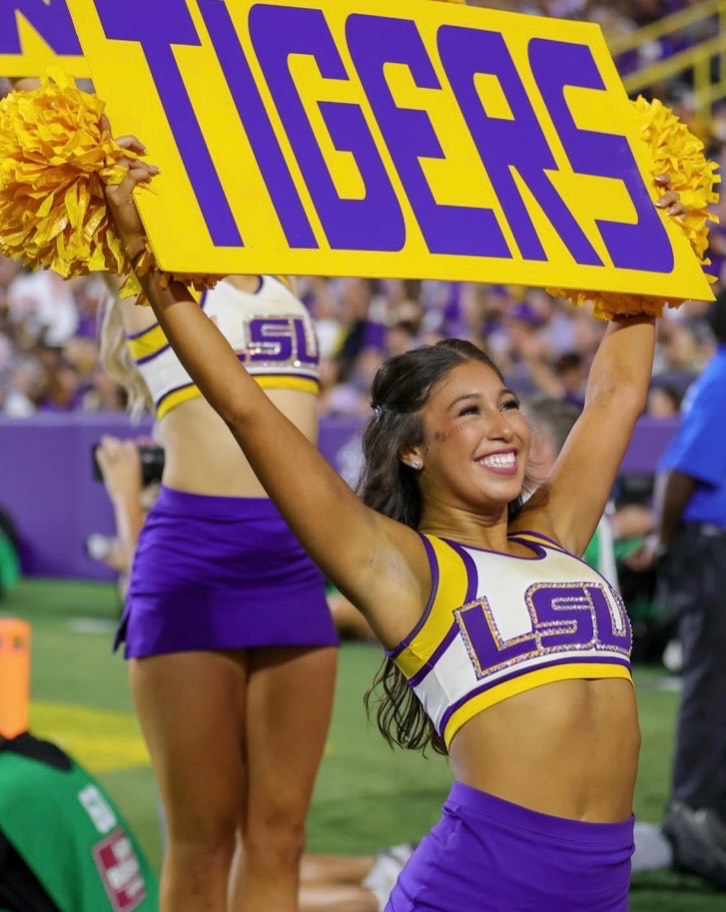The party is finally starting.At various hours on Friday, televisions around the globe will tune in to see host-country South Africa kick off the 2010 World Cup — the first-ever World Cup on African soil.Yet while the world celebrates the return of the world’s biggest soccer tournament, soccer-crazed expatriates at the University might be missing out.”It’s tough. When I first knew that there would be World Cup soccer in South Africa, I planned that I’d cancel my summer classes, don’t teach in the summer at all and go there to watch it,” said Harry Mokeba, political science professor. “Of course you grow up and realize ‘It’s just a soccer engagement. I don’t have to do that.'”Mokeba is a native of Cameroon, one of just six African nations to qualify for the 32-team tournament. Cameroon is located more than 2,000 miles away from South Africa, but Mokeba said the World Cup is seminal for the entire African continent.”It’s a showcase for Africa. You know what Africa is — in people’s minds it’s not a place to look up to and expect much of it. It’s the least developed continent in th e world,” Mokeba said. “For the World Cup to go there, which is the biggest spectacle of all time — bigger than the Olympics, you could argue — it means a lot.”Kenny Farrell, the Irish head coach of the New Orleans Jesters soccer club, said people in the United States are only just starting to notice the World Cup.”Everywhere else in the world, for a year now, people have been waiting and hungry,” Farrell said. “Here, they kind of know it’s going to happen, but the culture over here waits until it’s on top of you. All of a sudden it’s in your face and everybody wants to be a part of it.”Luckily for Mokeba and Farrell, soccer fans in the U.S. will only miss the revelry and not the matches. This summer’s World Cup is set to receive more exposure than ever before in the United States, mainly because of wall-to-wall coverage by ESPN.”When I first came over here, the Internet wasn’t around,” Farrell said. “Now there’s five TV stations with three showing it 24 hours a day … It’s so much better now than it used to be.”LSU soccer coach Brian Lee said the expanded coverage is probably due to the network’s ever-increasing market.”You started to see the ESPN promotions kick in last summer,” Lee said. “The coverage has really picked up and soccer highlights have been in the top 10 plays on SportsCenter … ESPN is going more global, and it’s probably a byproduct of that.”Bars and restaurants in the area are taking notice of the increased interest. Places like TJ Ribs are advertising early openings for World Cup games, while Pluckers is serving breakfast and drink specialties on U.S. game days.”Every day that there’s a 6:30 [a.m.] game, we’ll be open,” said Katie Hill, manager of Finn McCool’s Irish Pub in New Orleans. Finn McCool’s is opening at 6 a.m. for the United States’ World Cup opener against England. Hill said the crowd of fans, both American and international, is certain to be big.”We have every bartender that we have on staff working for USA vs. England,” Hill said. “We expect it to be bigger than St. Patrick’s Day, which is our big day.”The increase in American interest is still no substitute for the mania of home for some University internationals.”If I was an American in England wearing an American shirt, everyone would have something to say to me,” said Matthew Consterdine, a psychology senior from Derby, England. “Maybe only five people mention it when I wear an England shirt here.”Consterdine said although England is playing its first game against the United States, the opportunities for pregame banter are few and far between.”Apart from the guy I live with, I don’t know anyone who watches [soccer] to the point that they get passionate about it,” he said. Others at the University have been fortunate enough to return home. Guillermo Ferreyra, a University math professor from Argentina, returned to his home country to watch the two-time World Cup champion national team compete in the tournament. “Here, there is almost nothing else going on than the anticipation of the World Cup,” Ferreyra said in an email. “It is an atmosphere which is akin to the U.S. Superbowl, but the soccer fans are more involved because the competition is among national teams.”The World Cup goes from Friday until July 11, giving domestic and international fans alike plenty of time to get involved.Mokeba said he wants to spread the World Cup message to as many as possible, but he had one request — let him watch the games in peace.”I don’t like to watch the games with other people,” he said. “I get so nervous. I have to go pray by myself or walk around the room or shout at my team.”
—-Contact David Helman at [email protected]
Increased exposure brings 2010 FIFA World Cup to fans, expatriates in the USA
June 9, 2010
Fans cheer ahead of England’s training match against Platinum Stars at Moruleng Stadium on Monday in Lesetlheng, South Africa. England is preparing for the upcoming World Cup.






